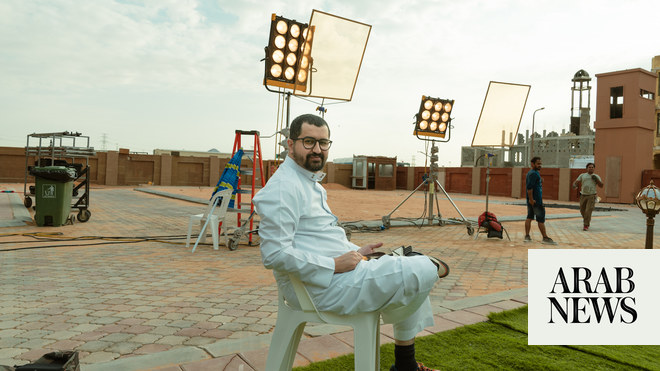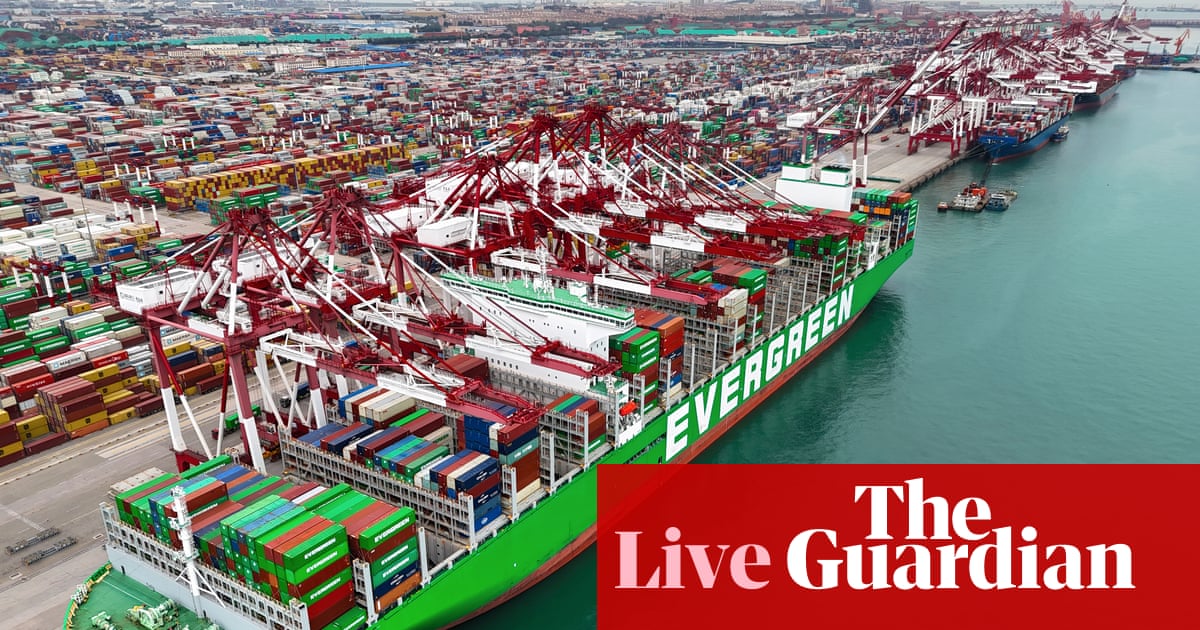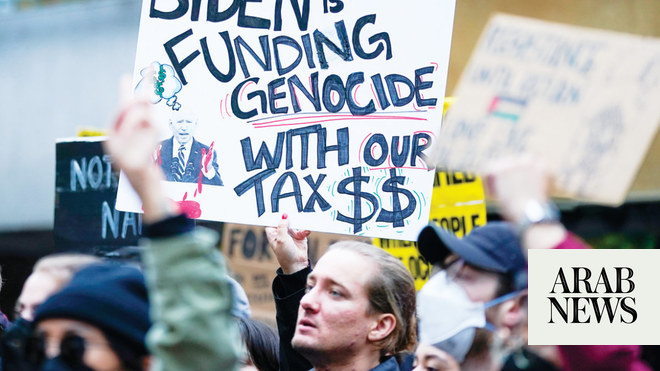
The business of America is business, said President Calvin Coolidge in 1925, but when the current president is a multibillionaire businessman, that makes business highly political.
So it was not really surprising that Michael Bloomberg decided to use the curtain-raiser for his eponymous global business forum — which begins next week in New York — as a thinly veiled critique of the White House incumbent, Donald Trump, and simultaneously let it be known that he might, in the right circumstances, seek to run against him as a Democratic Party candidate in the 2020 election.
Even before global media assembled in the Bloomberg headquarters in Manhattan, Bloomberg was making headlines for his political, rather than business, ambitions. The American media carried reports that he was considering entering the race for 2020, when his opponent would surely be President Trump.
From the outset of this short speech, he made Trump the center of attention. “I’m Michael Bloomberg, I’m head of Bloomberg News, Bloomberg Philanthropy and the Bloomberg Forum. I just hate it when people name things after themselves, and I mentioned this to Donald Trump too,” he joked.
There was no reference to his possible candidacy at the event, but as an exercise in agenda setting it left no doubt that Bloomberg was preparing the battleground for a confrontation with Trump in two years time, if — a big if — he gets the Democratic nomination.
He quickly moved to the big topic of the day, in business as in politics: The trade war under way between America and China. This has been a characteristic of the Trump presidency — using commerce as a battering ram for political rivalries, practiced on Mexico, Canada, the EU, but most obviously and significantly used against China.
The Bloomberg business forum — at which 50 heads of state and 250 business leaders are expected — is an opportunity to “work around rising trade tensions,” Bloomberg said.
He produced polling evidence to support his view that most American business leaders were against the Trump administration’s confrontational policy toward trade, and declared: “Washington is an impediment to trade at the moment, but I hope we can get it back to normal.”
It was not just trade for the sake of trade that Bloomberg was advocating, but trade as an agent of social and economic good. Despite the populist backlash against globalization since the financial crisis of 2008, Bloomberg firmly believes that trade helps improve the well-being of the majority of people in the world, by lifting people out of the official poverty levels as defined by various reputable world organizations. The World Bank sets poverty at below $2 a day of income.
The other area in which Bloomberg is diametrically opposed to the president is climate change. The Trump administration sees it a a liberal obsession, or part of a Chinese conspiracy, and has pulled out of international climate change treaties while relaxing industrial regulation in the US that he regards as being part of the climate change “hoax.”
The second half of the Bloomberg day next week is the “one planet summit” where the same business and political leaders will debate what to do about the environmental threat to society.
“We’ll solve trade wars in the morning and climate change in the afternoon. It should be easy,” Bloomberg said wryly.
The global economic backdrop against which the forum is due to take place is still sound, but not as sound as it was at the beginning of the year. Tom Orlik, the Bloomberg chief economist, unveiled a list of G-20 countries that were experiencing some economic challenges in the latter half of the year — South Korea, Russia, South Africa and Turkey were all looking shakier.
Bloomberg firmly believes that trade helps improve the well-being of the majority of people in the world, by lifting people out of the official poverty levels as defined by various reputable world organizations
Frank Kane
Saudi Arabia, the only Middle East country in the G-20, was bearing up pretty well, with a gently improving economic outlook as the year wore on.
There are four critical issues that will decide which direction the global economy will take over the next 18 months, Orlik said: Growth prospects, the actions of central banks, the situation with emerging markets, and, of course, world trade.
The trade issue has the capacity to largely determine the other three. If it moves to a full-on confrontation between Washington and Beijing on tariffs that would hit the forecasts for GDP growth of the US and China. President Trump escalated the situation the very next day, with an extra $200 billion of tariffs on Chinese imports to the US.
By the time the Bloomberg forum gathers next week, the US-China trade war is likely to be the hottest topic in town, and a platform from which Michael Bloomberg might take his candidacy forward.
Bloomberg insiders at the meeting said that their boss was unlikely to publicly come out as a candidate until after the midterm elections in November. He has put up $80m to fight Republicans in key states, and wants to see how that pans out, they said.
But it is doubtful the main opponent will be at the event in New York next week. Bloomberg people explained that the Trump administration had been invited, and would be made welcome. “But we don’t expect the President to attend, given the context of the day.”
Frank Kane is an award-winning business journalist based in Dubai. Twitter: @frankkanedubai












